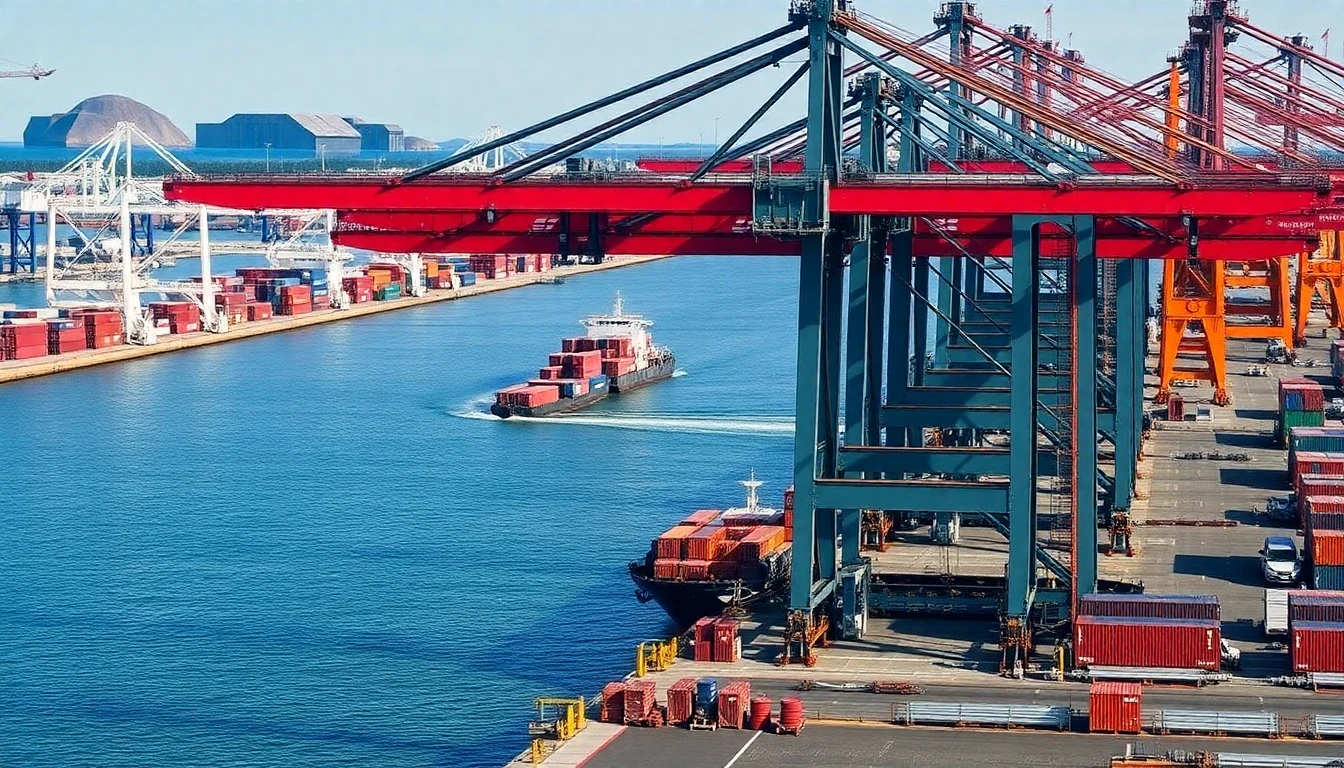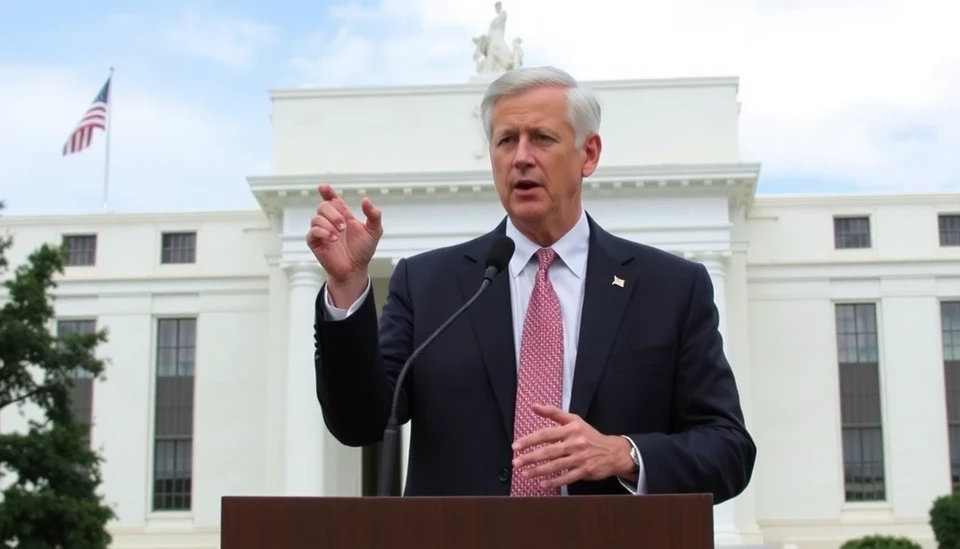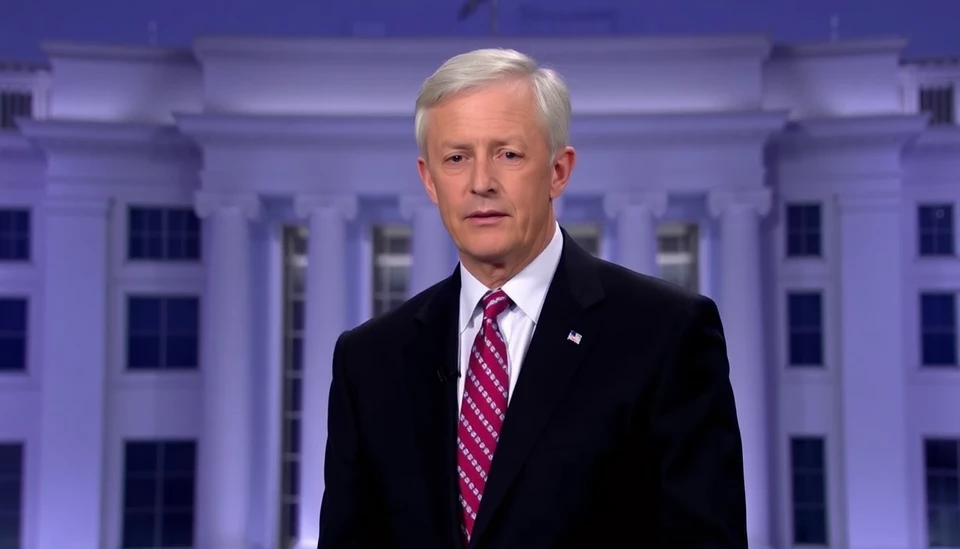
Federal Reserve Bank of Chicago President Austan Goolsbee recently mentioned how concerned he is with what consequence this could bring if there were a long strike in major U.S. ports. On September 30, 2024, Goolsbee noted during an economic forum that such disruption could cause significant risk to the nation's supply chain, further increasing inflationary pressures and weighing on growth.
"A long strike at our major ports would have significant impacts on the flow of goods and could drive up prices, causing longer waits for goods Americans depend on," Goolsbee said. "It would come at a time when we are already facing heightened inflationary risks."
Strained negotiations between dockworkers, maritime labor unions, and port operators over wages, working conditions, and other issues have been ongoing for several months. Agreements remain far off, with the threat of strikes looming at critical hubs along the West Coast.
Goolsbee added such a strike couldn't come at a worse time as the Fed strategy to fight inflation calls for higher interest rates. A snarled supply chain would work against some of the Fed's efforts to get prices in line, he said, making the recovery even more difficult.
"The interplay between supply constraints and inflation is a pretty fine-tuned one," Goolsbee said. "A strike could cause the bottlenecks that stand in the way of our getting back to target levels of inflation."
Business leaders are sounding many of the same alarms. Analysts said a prolonged shutdown had the potential to have serious repercussions for industries from consumer goods to auto and technology, given how many supply chains rely on components and finished products moving quickly through these ports.
"It is not only the delays," one logistics expert explained. "A strike could have the domino effect: companies in many industries would face inventory shortages and production stops.
The Biden administration is reportedly closely following the situation and pressing both sides for a swift resolution, so that it would not have spillover effects in the economy. The Transportation Department, along with other agencies, has also weighed contingency options to cushion the impact of any possible disruptions through diverting cargoes to other ports and expediting customs.
In conclusion, with the whole nation watching, a resolution is imperative to keeping the stability of the supply chain and supporting the wider economic goals of the Federal Reserve in this very important unfolding of labor disputes at the nation's crucial ports.
#Fed #SupplyChain #PortStrike #Inflation #Economy #LaborUnions #BidenAdministration
Author: Laura Mitchell




